All Courses
All Courses

Course • Geography • 6 lectures
Extreme Weather
Dr Tom Matthews, King's College London 6 Lessons
6 Lessons
Extreme Weather
Dr Tom MatthewsKing's College London

Course • Psychology • 5 lectures
Facial Processing and Recognition
Dr Ashok Jansari, Goldsmiths, University of London 5 Lessons
5 Lessons
Facial Processing and Recognition
Dr Ashok JansariGoldsmiths, University of London
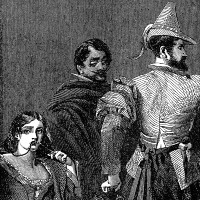
Course • English Literature • 5 lectures
Family, Gender and Power in Shakespeare
Dr Emma Whipday, Newcastle University 5 Lessons
5 Lessons
Family, Gender and Power in Shakespeare
Dr Emma WhipdayNewcastle University
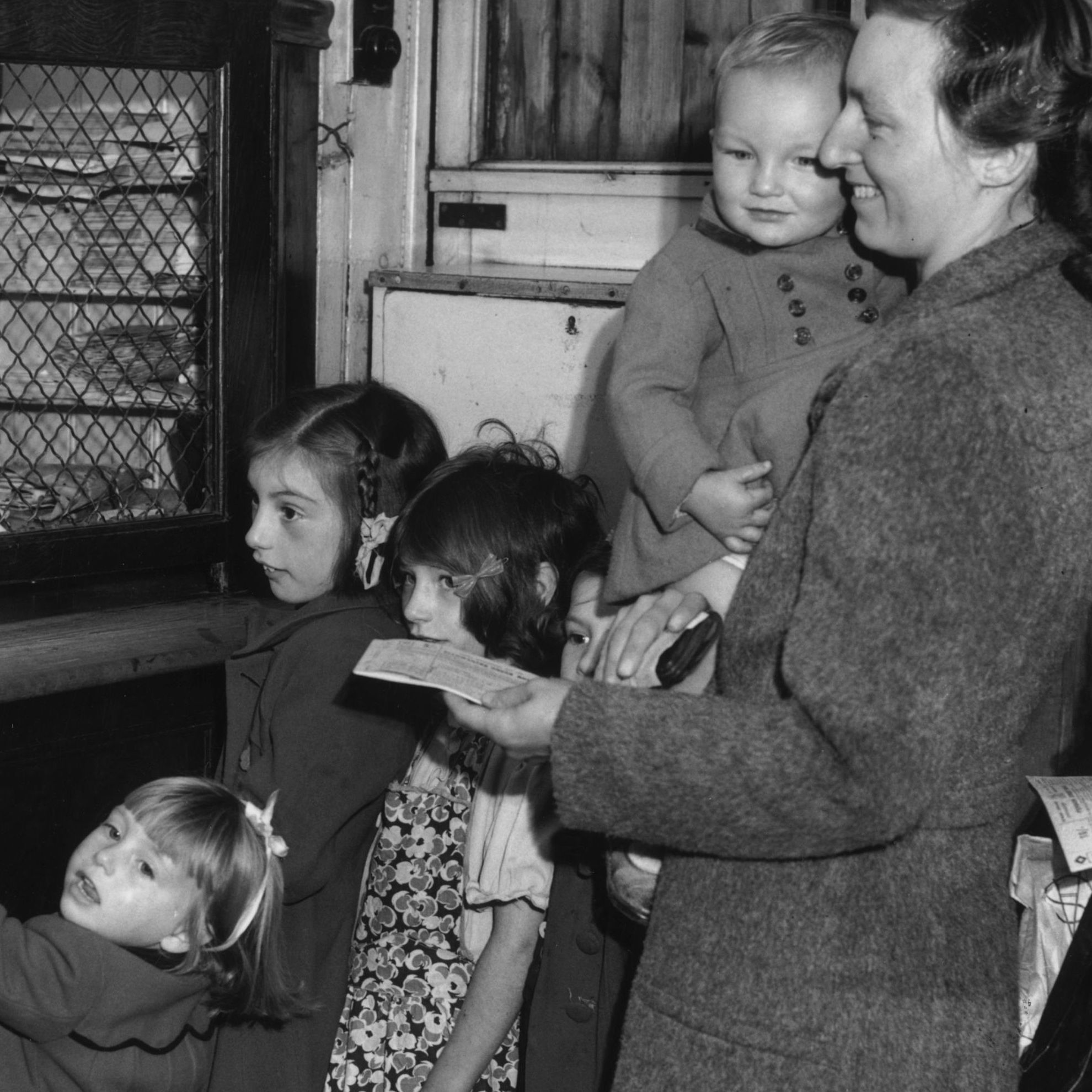
Course • Sociology • 6 lectures
Family Policy in Britain
Prof. Pat Thane, Birkbeck College, London 6 Lessons
6 Lessons
Family Policy in Britain
Prof. Pat ThaneBirkbeck College, London

Course • Sociology • 4 lectures
Family Structure and Social Change
Dr Rosie Nelson, Bristol University 4 Lessons
4 Lessons
Family Structure and Social Change
Dr Rosie NelsonBristol University

Course • Media Studies • 8 lectures
Fandom
Prof. Henry Jenkins, University of Southern California 8 Lessons
8 Lessons
Fandom
Prof. Henry JenkinsUniversity of Southern California

Course • Law • 5 lectures
Fatal Offences Against the Person
Prof. Victor Tadros, Warwick University 5 Lessons
5 Lessons
Fatal Offences Against the Person
Prof. Victor TadrosWarwick University

Course • English Literature • 11 lectures
Faulks: Birdsong
Dr Allison Adler Kroll, University of Oxford 11 Lessons
11 Lessons
Faulks: Birdsong
Dr Allison Adler KrollUniversity of Oxford

Course • Government & Politics • 6 lectures
Federalism
Prof. John Kincaid, Lafayette College 6 Lessons
6 Lessons
Federalism
Prof. John KincaidLafayette College

Course • Government & Politics • 6 lectures
Feminism
Dr Shelley Budgeon, Birmingham University 6 Lessons
6 Lessons
Feminism
Dr Shelley BudgeonBirmingham University

Course • English Literature • 6 lectures
Feminist Literary Criticism
Dr Fiona Tolan, Liverpool John Moores University 6 Lessons
6 Lessons
Feminist Literary Criticism
Dr Fiona TolanLiverpool John Moores University

Course • Sociology • 6 lectures
Feminist Social Research Methods
Prof. Gayle Letherby, Plymouth University 6 Lessons
6 Lessons
Feminist Social Research Methods
Prof. Gayle LetherbyPlymouth University

Course • Biology • 3 lectures
Fighting Disease – Edexcel GCSE (1BI0): Foundation Tier
Dr Matthew Ivory, Cardiff University 3 Lessons
3 Lessons
Fighting Disease – Edexcel GCSE (1BI0): Foundation Tier
Dr Matthew IvoryCardiff University

Course • Biology • 4 lectures
Fighting Disease – Edexcel GCSE (1BI0): Higher Tier
Dr Matthew Ivory, Cardiff University 4 Lessons
4 Lessons
Fighting Disease – Edexcel GCSE (1BI0): Higher Tier
Dr Matthew IvoryCardiff University

Course • Biology • 3 lectures
Fighting Disease – Edexcel GCSE (1SC0): Combined Science
Dr Matthew Ivory, Cardiff University 3 Lessons
3 Lessons
Fighting Disease – Edexcel GCSE (1SC0): Combined Science
Dr Matthew IvoryCardiff University

Course • English Literature • 10 lectures
Fitzgerald: The Great Gatsby
Prof. John McRae, Nottingham University 10 Lessons
10 Lessons
Fitzgerald: The Great Gatsby
Prof. John McRaeNottingham University

Course • English Literature • 7 lectures
Fitzgerald: The Great Gatsby
Prof. Meredith Goldsmith, Ursinus College 7 Lessons
7 Lessons
Fitzgerald: The Great Gatsby
Prof. Meredith GoldsmithUrsinus College
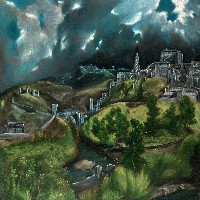
Course • English Literature • 6 lectures
Fitzgerald: The Great Gatsby
Prof. Michael Nowlin, Victoria University 6 Lessons
6 Lessons
Fitzgerald: The Great Gatsby
Prof. Michael NowlinVictoria University
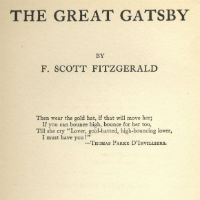
Course • English Literature • 5 lectures
Fitzgerald: The Great Gatsby
Dr William Blazek, Liverpool Hope University 5 Lessons
5 Lessons
Fitzgerald: The Great Gatsby
Dr William BlazekLiverpool Hope University
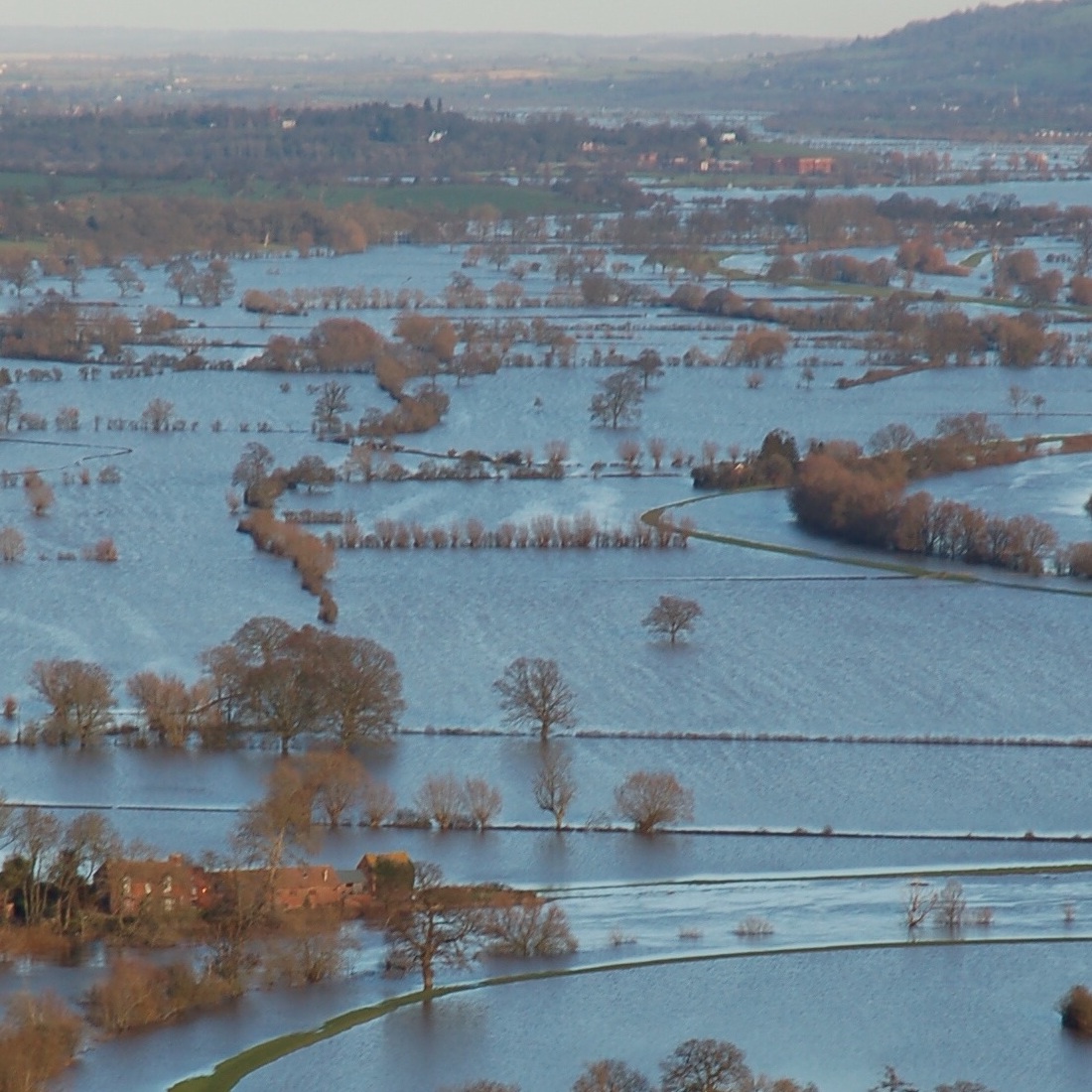
Course • Geography • 6 lectures
Flood Forecasting and Warning Systems
Dr Linda Speight, University of Oxford 6 Lessons
6 Lessons
Flood Forecasting and Warning Systems
Dr Linda SpeightUniversity of Oxford

Course • Geography • 5 lectures
Flood Management in the UK
Dr Servel Miller, Chester University 5 Lessons
5 Lessons
Flood Management in the UK
Dr Servel MillerChester University

Course • Biology • 2 lectures
Food Science – Edexcel GCSE (1BI0): Foundation Tier
Dr Matthew Ivory, Cardiff University 2 Lessons
2 Lessons
Food Science – Edexcel GCSE (1BI0): Foundation Tier
Dr Matthew IvoryCardiff University

Course • Biology • 2 lectures
Food Science – Edexcel GCSE (1BI0): Higher Tier
Dr Matthew Ivory, Cardiff University 2 Lessons
2 Lessons
Food Science – Edexcel GCSE (1BI0): Higher Tier
Dr Matthew IvoryCardiff University

Course • Geography • 6 lectures
Food Security
Prof. Peter Jackson, Sheffield University 6 Lessons
6 Lessons
Food Security
Prof. Peter JacksonSheffield University
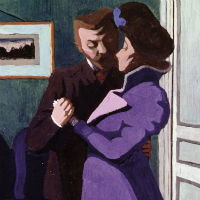
Course • English Literature • 5 lectures
Ford Madox Ford: The Good Soldier
Prof. Max Saunders, King's College London 5 Lessons
5 Lessons
Ford Madox Ford: The Good Soldier
Prof. Max SaundersKing's College London
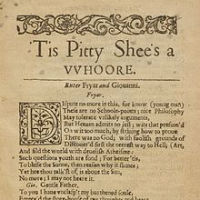
Course • English Literature • 5 lectures
Ford: 'Tis Pity She’s a Whore
Prof. Lisa Hopkins, Sheffield Hallam University 5 Lessons
5 Lessons
Ford: 'Tis Pity She’s a Whore
Prof. Lisa HopkinsSheffield Hallam University
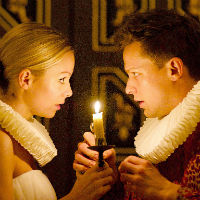
Course • English Literature • 5 lectures
Ford: 'Tis Pity She’s a Whore
Prof. John Lennard, Independent Scholar 5 Lessons
5 Lessons
Ford: 'Tis Pity She’s a Whore
Prof. John LennardIndependent Scholar
